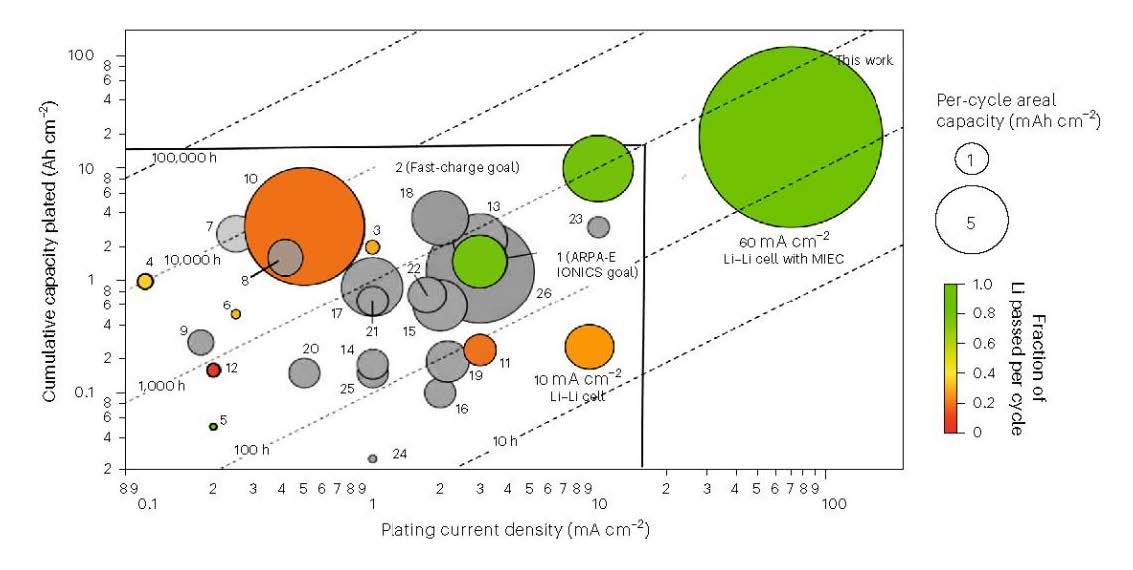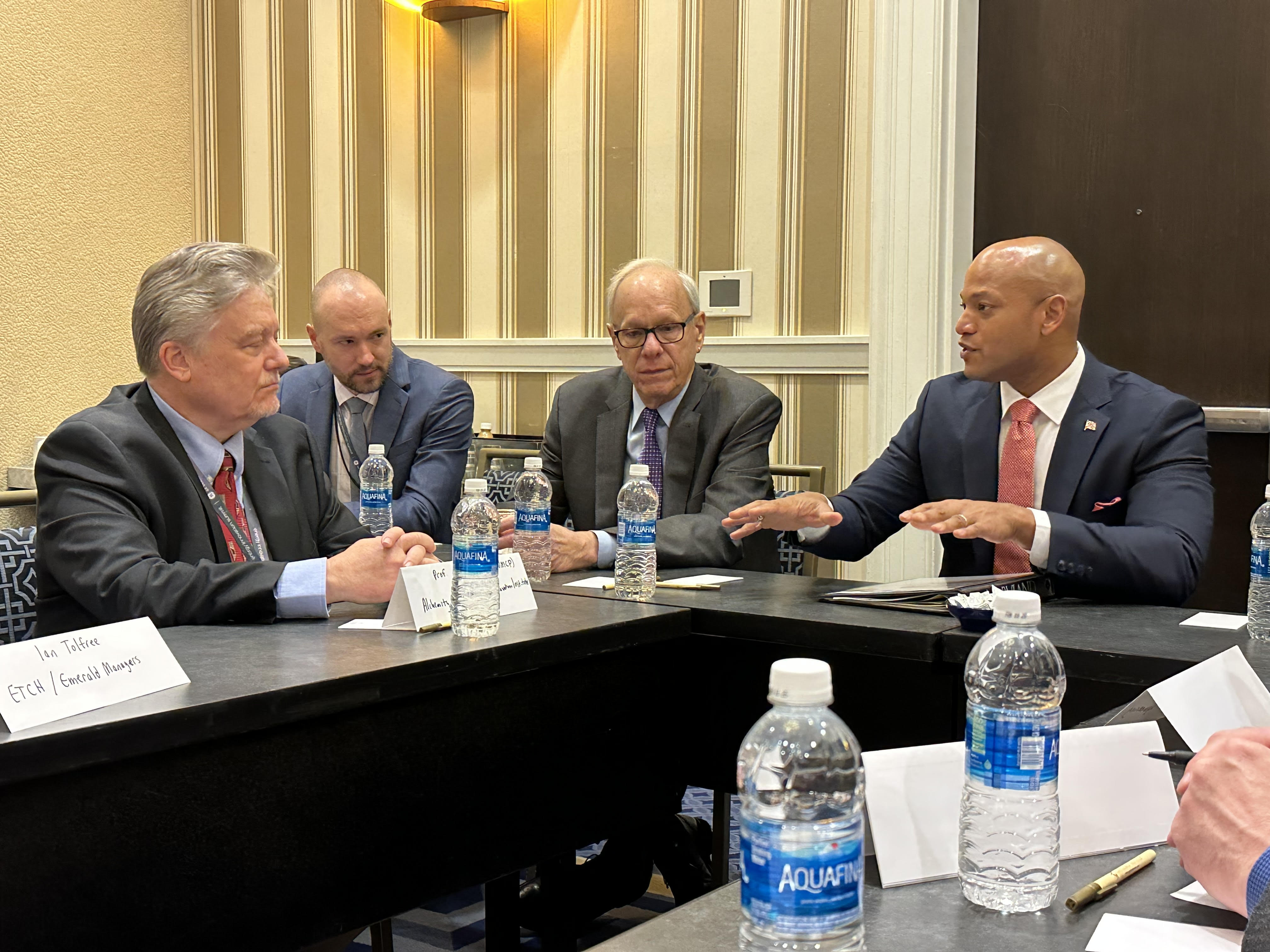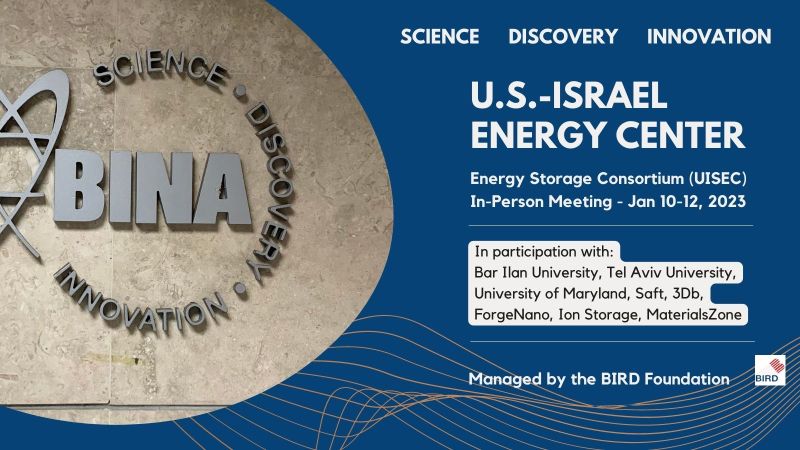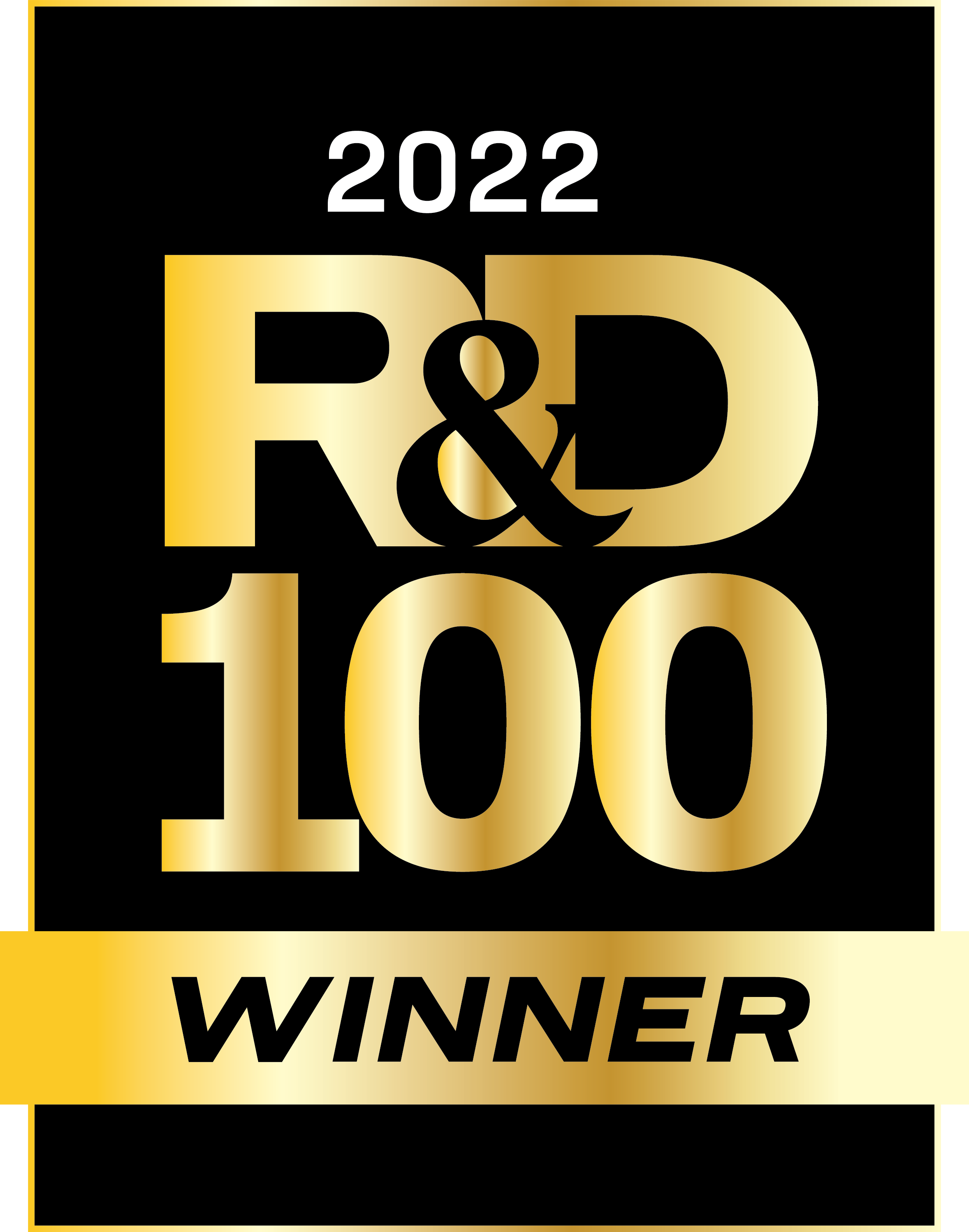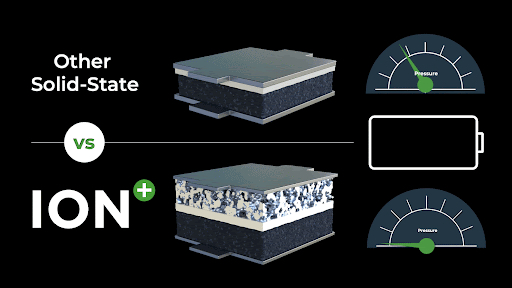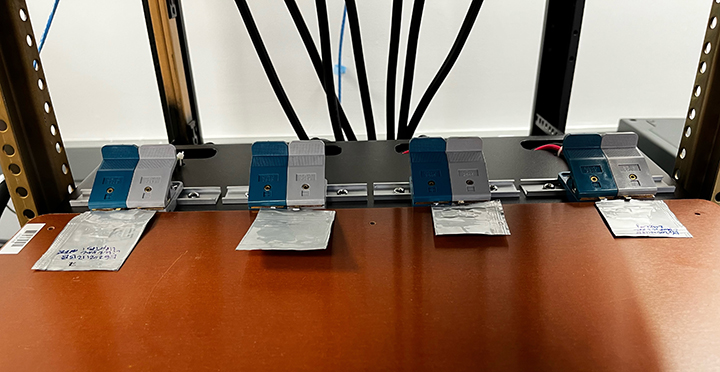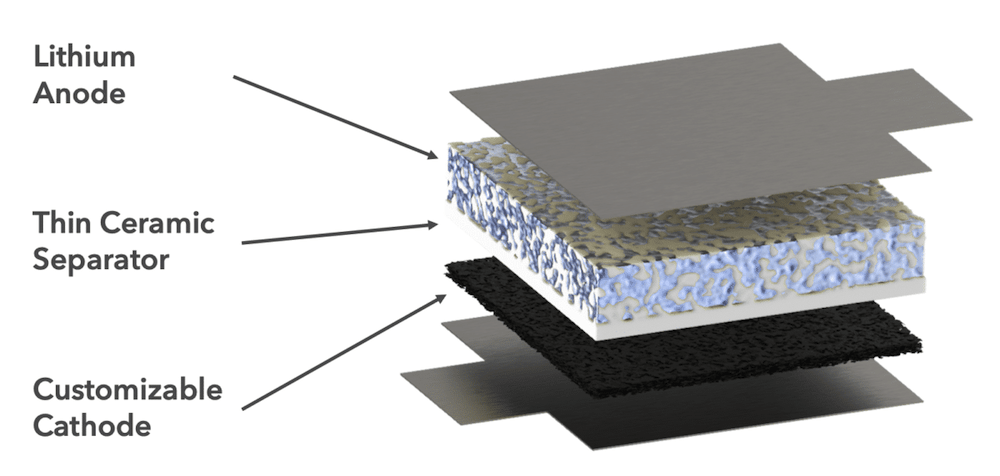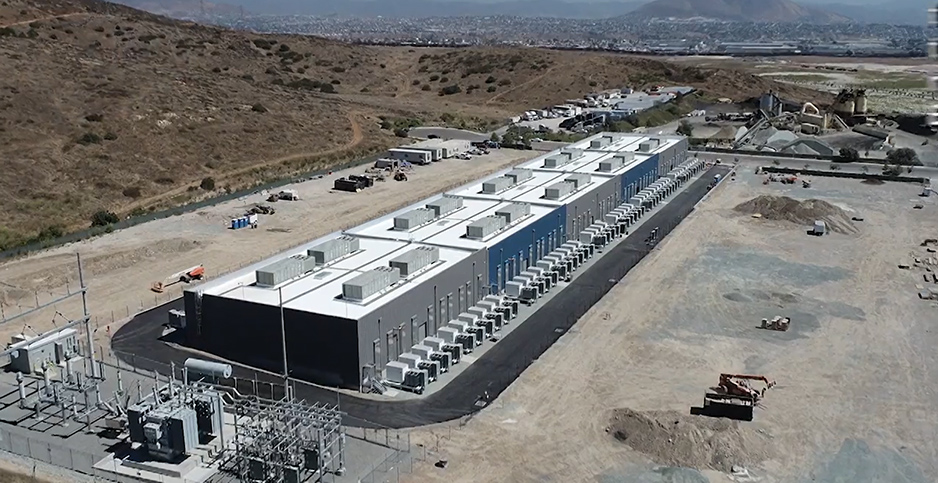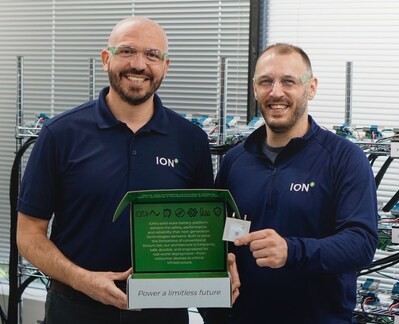News Story
MEI2 Director discusses future EV battery tech on Fox29
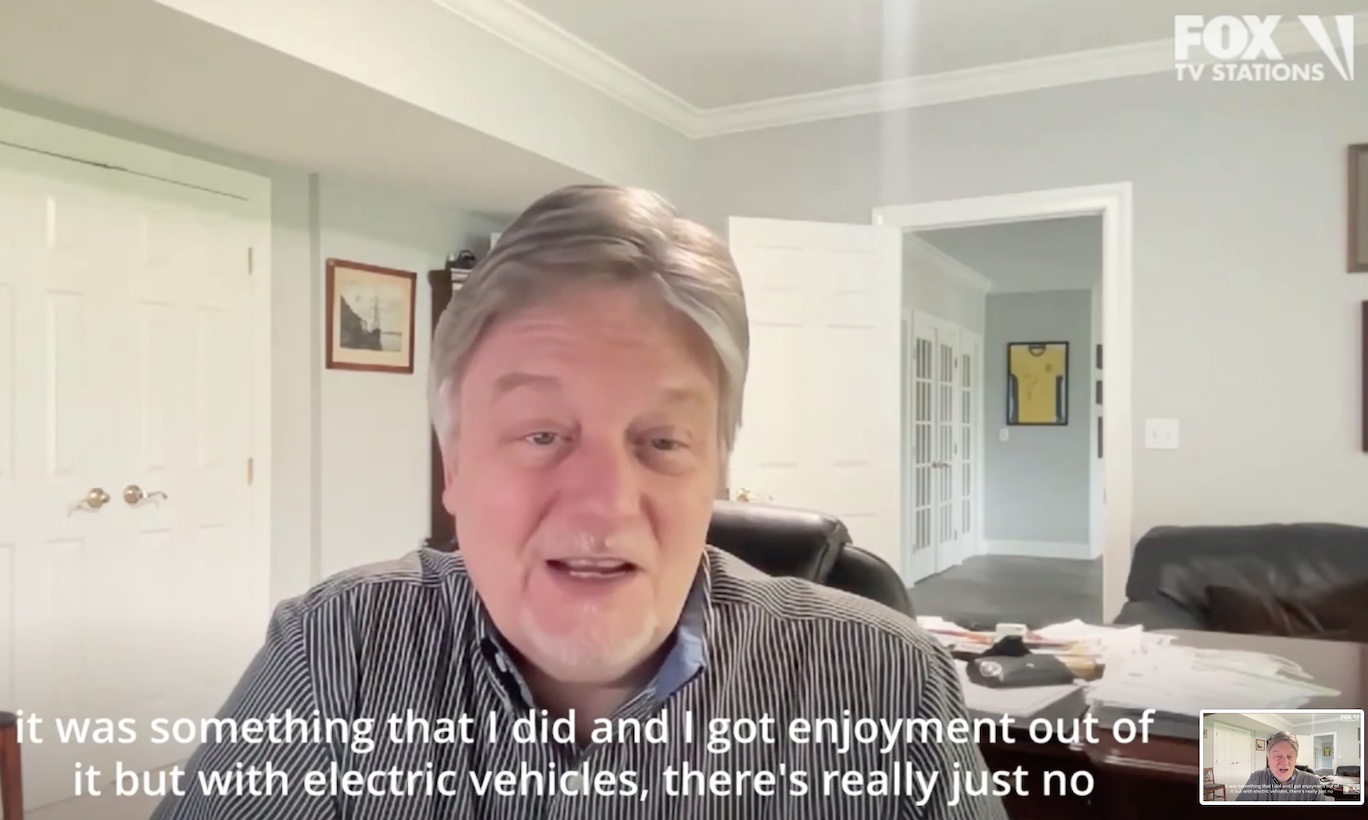
Eric Wachsman, professor at the University of Maryland and director of Maryland Energy Innovation Institute, weighs in on some of the reasons why some people are not totally behind electric vehicles.
Reprinted from Fox 29 - Article by Catherine Stoddard
Full Story and video: https://www.fox29.com/news/electric-vehicle-battery-myths-v-facts-the-debate-over-green
With inflation driving gas prices to an all-time high, consumers are flocking to dealerships to get themselves an electric vehicle (EV).
The prices may not be as competitive as some of the vehicles running on an internal combustion engine, but it's the great long-term investment many are striving to achieve while, of course, minimizing their carbon footprint.
But are these cars — which manufacturers boast are better for the environment — as green as they seem?
One of the biggest issues that come up when comparing the environmental impacts of EVs versus internal combustion engine vehicles (ICEV) is the battery.
Experts have weighed in on the controversial manufacturing surrounding EV batteries and while many huge automakers such as Chevrolet and Ford are starting to pump out EV models, consumers are still left to wonder: Do the environmental impacts outweigh the potential long-term benefits of moving towards an EV-dominated world?
Let’s look at some of the myths surrounding EV batteries.
The ethical and environmental issues surrounding elements such as cobalt and lithium will be a thing of the past as the world moves towards a greener world, according to Eric Wachsman, professor at the University of Maryland and director of Maryland Energy Innovation Institute.
"Everybody agrees, that’s not the best," Wachsman said of how the essential elements needed in an EV battery are acquired.
"So you might have heard there was a Nobel Prize in 2019, John Goodenough and Stan Woodingham and Akira (Yoshino), these are the guys who invented the lithium-ion battery. They were using lithium cobalt oxide. That was sort of the first cathode material that was known; it was invented by John Goodenough," Wachsman explained. "That was in Sony Handycams, remember those things? And the first cell phones. Those are being replaced now by a nickel-manganese cobalt, so NMC — less cobalt. And they keep changing the chemistry to go less and less cobalt. And now the nickel is starting to become an issue not because of the mining issue, like cobalt, but just the availability."
Wachsman pointed out several different battery chemistries that are being studied to open the door for more ethically-made and clean EV batteries to be mass-produced. But this isn’t like the field of dreams where if you make it, they will come.
There needs to be a demand for the product to justify investing time and money into figuring out better options for manufacturers.
Some of the types of battery chemistries being looked into are:
- Lithium-ion phosphate
- Lithium iron phosphate
- Lithium-sulfur
"There are other chemistries out there. Lithium-sulfur is one out there. Sulfur is sort of a byproduct of hydrocarbon processing. It’s basically something people almost give away to get rid of, so those chemistries are coming along and they’re going to replace the current cobalt and that will disappear as an issue," Wachsman continued.
"There is a second life for batteries. There’s not a second life for your gas engine. I mean, when it dies, it’s dead. It’s basically just a boat anchor, you’ve got to pay to have it disposed of someplace," Wachsman explained.
He also noted that his home is powered by solar panels and, hypothetically, if he absolutely needed to, he could repurpose his electric vehicle battery to power his entire home.
A typical home with solar panels on the roof tends to have a 10-kW battery that powers them, according to Wachsman. "Your Tesla has a 100-kW battery in it, so it could power my entire house," Wachsman posited.
There are several projects underway to make battery recycling more affordable, and it’s very likely that the company that pioneers the technology will reap huge rewards. In the event that lithium becomes scarce, that threshold for economic feasibility will also drop, according to The Associated Press.
Published July 5, 2022
